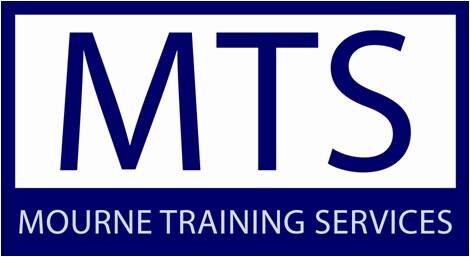TRAINING COURSE
How to Develop HPLC Methods
This course will take you through a 5 step strategy for developing an HPLC method, taking into consideration factors such as the component of interest and its properties, and the available options with respect to columns, mobile phases and instrument parameters.
Synopsis
Learn how to select appropriate method conditions and perform suitable investigative experiments to obtain a set of method parameters which enables the desired separation for mixtures of analytes. In doing so you will learn how HPLC methods work even if you never need to develop a new method. This course will enable you to take a strategic approach to developing HPLC methods with an understanding of the factors which can be adjusted to manipulate the retention time of analytes.
Additionally, learn how to implement strategies to achieve satisfactory separation for ‘complex’ samples and to find solutions for difficult HPLC separations in order to develop robust and fit for purpose HPLC methods.
This course focuses primarily on on strategies for reversed phase HPLC separations.
Attendees are invited to bring along any real life examples that they would like advice on during the training. These may be discussed during group exercises, or, where intellectual property is an issue, privately with the trainer.
Total learning time = 10 hours
Learning Objectives
On completion of this training course you will be able to:
- Define the objectives for the development of a HPLC analytical method.
- Effectively assess all the available relevant information relating to the desired method, e.g., pKa of the analyte.
- Select and prepare a suitable sample or samples to be used for the method development.
- Select suitable scouting conditions to find a suitable column and mobile phase system.
- Optimise the chromatographic conditions to result in the best possible separation.
- Apply strategies to achieve satisfactory separations for ‘complex’ samples with respect to: Optimising gradient methods, Sample preparation, Detection methods, Retaining very polar analytes, Selecting columns.
How is this course delivered?
This course is offered as a 2 day ‘virtual’ live online training event which is delivered over a 6 hour period on each day, including breaks, typically from 9am to 3pm (but may depend on your time zone).
More about live online training
Total learning time = 10 hours
More about total learning time
The full agenda is provided in the course description.
The course may also be delivered as in-house training, either in the live online format or in a classroom based format at your site. In-house training allows customisation to meet your specific requirements.
Who will deliver this training course?
All training courses are delivered by the MTS consultant, Oona McPolin. Some recordings of MTS webinars are provided below as examples of Oona’s presentation style.
Who should attend this course?
Anyone who has experience of running HPLC methods and now wants to learn how to develop new methods or just to understand how they work.
For example:
- Analytical chemists in industry (the course is not specific to a particular industry)
- Researchers who need to use HPLC
When can I attend this course in 2025?
- Thu 25th to Fri 26th Sep 2025 (9am to 3pm BST/UTC+1)
- Thu 27th to Fri 28th Nov 2025 (9am to 3pm GMT/UTC)
How much does it cost?
£550 GBP or €625 EUR
Included in your course fees:
- Comprehensive course hand-outs – The training book is provided as an electronic copy (pdf) for both live online and classroom based options.
- Certificate of Attendance
- Optional post training assessment (accessed in e-MTS, our learning management system) which leads to a Certificate of Training.
- Access to training materials via e-MTS
- Post training support – Attendees can contact the trainer with questions that may occur when they apply their learning to real life situations.
Notes:
- All prices are quoted per person excluding VAT.
- VAT notice for live online training: For UK business cutomers and non-business customers (B2C) from all countries VAT is charged at the UK rate (currently 20%). For EU business customers (B2B), the reverse charge can be applied on receipt of a valid VAT identification number and VAT will not be charged. For business customers outside of the UK and EU, VAT will not be charged.
Cancellations and Substitutions
Once made and accepted by MTS, course bookings are liable for payment. Payment is due at least 14 days prior to the course start date. Cancellations prior to 3 weeks before the course date are subject to an administration charge of 25%. Cancellations received less than 3 weeks before the start of the course will not be refunded, although substitutions may be made at any time.
We reserve the right to change the programme, speakers, date or venue without notice, or to cancel an event. In the unlikely event of cancellation occurring, delegates will be notified as soon as possible and will receive a full refund of fees paid.
What do people say about this course?
“Very comprehensive content. Format laid out well – logical structure. Impressed with the amount of slides and exercises.”
R. Walsh, Novartis
“Very good course, very valuable information. Exercises helped a lot in understanding some of the concepts explained.”
M. Matos, Abbott
“Excellent course. V. Relevant, very well explained, not too technical too early in the presentation. Best course of its type attended to date.”
P. Roche, Allergan
